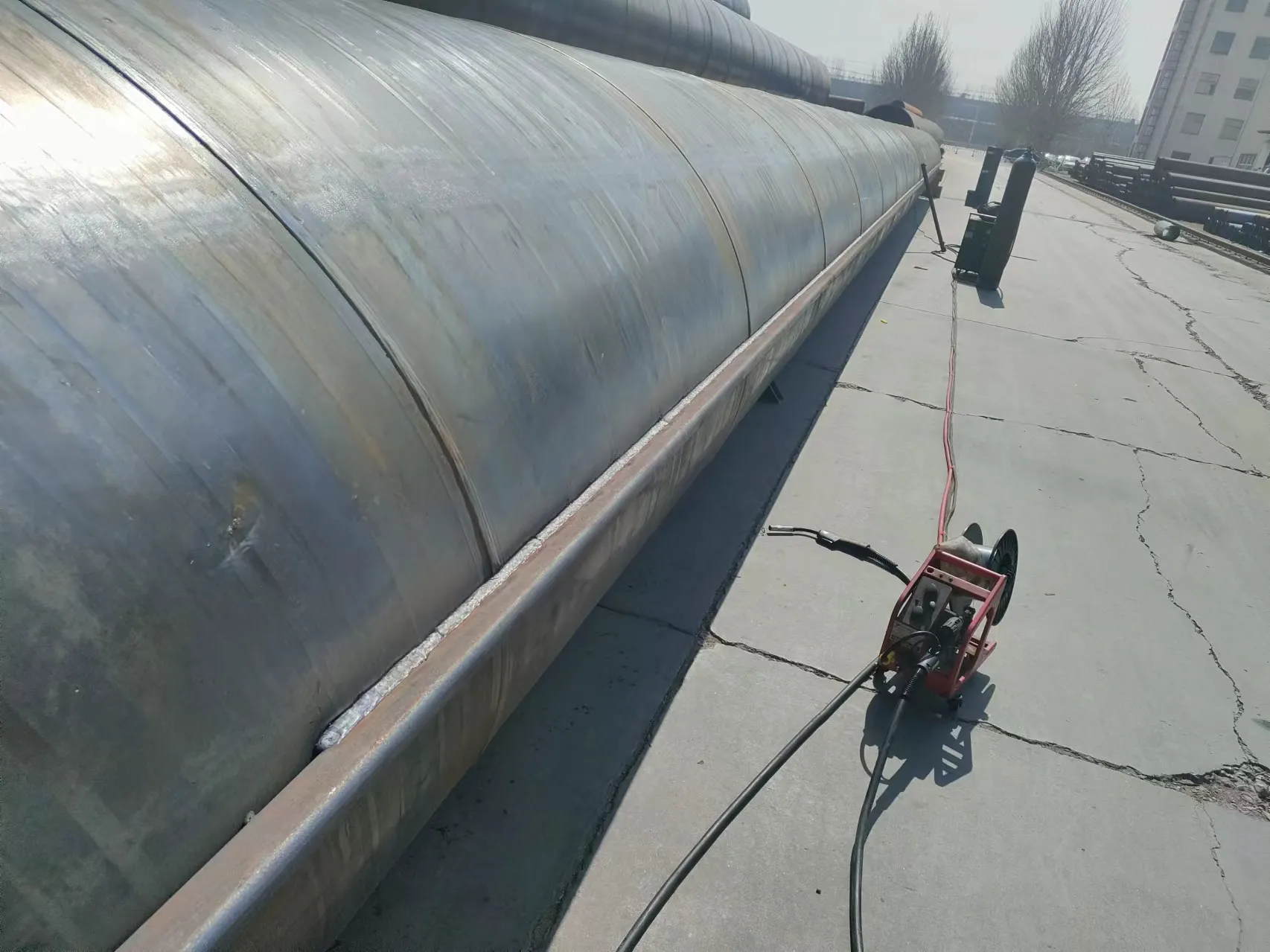-
Cangzhou Yulong Steel Co., Ltd.
-
Phone:
+86 13303177267 -
Email:
admin@ylsteelfittings.com
- English
- Arabic
- Italian
- Spanish
- Portuguese
- German
- kazakh
- Persian
- Greek
- French
- Russian
- Polish
- Thai
- Indonesian
- Vietnamese
- Zulu
- Korean
- Uzbek
- Hindi
- Serbian
- Malay
- Ukrainian
- Gujarati
- Haitian Creole
- hausa
- hawaiian
- Hebrew
- Miao
- Hungarian
- Icelandic
- igbo
- irish
- Japanese
- Javanese
- Kannada
- Khmer
- Rwandese
- Afrikaans
- Albanian
- Amharic
- Armenian
- Azerbaijani
- Basque
- Belarusian
- Bengali
- Bosnian
- Bulgarian
- Catalan
- Cebuano
- China
- China (Taiwan)
- Corsican
- Croatian
- Czech
- Danish
- Esperanto
- Estonian
- Finnish
- Frisian
- Galician
- Georgian
- Kurdish
- Kyrgyz
- Lao
- Latin
- Latvian
- Lithuanian
- Luxembourgish
- Macedonian
- Malgashi
- Malayalam
- Maltese
- Maori
- Marathi
- Mongolian
- Myanmar
- Nepali
- Norwegian
- Norwegian
- Occitan
- Pashto
- Dutch
- Punjabi
- Romanian
- Samoan
- Scottish Gaelic
- Sesotho
- Shona
- Sindhi
- Sinhala
- Slovak
- Slovenian
- Somali
- Sundanese
- Swahili
- Swedish
- Tagalog
- Tajik
- Tamil
- Tatar
- Telugu
- Turkish
- Turkmen
- Urdu
- Uighur
- Welsh
- Bantu
- Yiddish
- Yoruba

Aug . 07, 2024 13:00 Back to list
Exploring the Benefits and Applications of Flanged Pipe Fittings in Modern Plumbing Systems
Understanding Flanged Pipe Fittings A Comprehensive Overview
Flanged pipe fittings are essential components in piping systems used across various industries, including oil and gas, water treatment, and manufacturing. These fittings provide a secure and leak-proof connection between pipes, enabling the transport of fluids and gases under high pressure. This article delves into the specifics of flanged pipe fittings, their advantages, applications, and installation practices.
What are Flanged Pipe Fittings?
Flanged pipe fittings are designed with a protruding rim or flange on either end, allowing them to be bolted securely to another flange. This creates a tight seal, which minimizes the risk of leaks. The flanges can vary in size, material, and design, catering to different types of piping systems and applications. Common materials used for flanged fittings include stainless steel, carbon steel, and various alloys, chosen based on the operational environment and fluid characteristics.
Types of Flanged Fittings
There are several types of flanged fittings, each serving specific purposes
1. Weld Neck Flanges These flanges are welded to the pipe, providing a strong and pressure-resistant connection. They are ideal for high-pressure applications. 2. Slip-On Flanges As the name suggests, these flanges slip over the pipe’s end and are then welded. They are easier to align and install and are generally used in low-pressure systems.
3. Blind Flanges Used to seal off the end of a piping system, blind flanges do not have a hole for a pipe to go through. They are crucial for maintaining pressure in certain parts of a system.
4. Socket Weld Flanges These flanges are fitted over the pipe and then welded around the joint, providing enhanced strength and stability.
5. Threaded Flanges These feature internal threads that allow them to screw onto the external threads of a pipe. They offer convenience for systems where welding is not feasible.
Advantages of Flanged Fittings
Flanged pipe fittings offer several advantages
flanged pipe fittings

- Ease of Installation Flanged connections are relatively easy to install and disassemble, making them perfect for maintenance and repair activities. - Leak Resistance The design of flanged fittings ensures a tight seal that minimizes leakage, which is crucial in systems transporting hazardous substances. - Versatility With various designs and materials available, flanged fittings can be used in different applications, from low to high-pressure systems.
- Adaptability Flanges can accommodate thermal expansion and contraction of piping, which is essential for maintaining system integrity.
Applications
Flanged pipe fittings find applications in numerous sectors
- Oil and Gas They are commonly used in pipelines that transport crude oil, natural gas, and refined products due to their strength and leak-proof features. - Water Supply and Treatment In water treatment facilities, flanged fittings connect different sections of piping, ensuring a continuous flow while preventing contamination.
- Industrial Manufacturing Many manufacturing processes require complex piping systems that utilize flanged fittings for efficient fluid transport.
Installation Considerations
When installing flanged pipe fittings, several factors must be accounted for
- Correct Alignment Flanges must be properly aligned to ensure a secure connection and prevent stress on the piping system. - Gasket Selection The choice of gasket material is crucial for achieving an effective seal, especially in high-temperature and high-pressure environments.
- Bolt Tightening Evenly tightening the bolts is essential to avoid uneven pressure distribution, which could lead to leaks.
In conclusion, flanged pipe fittings are vital components in any piping system, providing strength, flexibility, and ease of maintenance. Understanding their types, advantages, and installation practices can significantly enhance the reliability and efficiency of fluid transport processes across various industries.
Latest news
-
ANSI 150P SS304 SO FLANGE
NewsFeb.14,2025
-
ASTM A333GR6 STEEL PIPE
NewsJan.20,2025
-
ANSI B16.5 WELDING NECK FLANGE
NewsJan.15,2026
-
ANSI B16.5 SLIP-ON FLANGE
NewsApr.19,2024
-
SABS 1123 FLANGE
NewsJan.15,2025
-
DIN86044 PLATE FLANGE
NewsApr.19,2024
-
DIN2527 BLIND FLANGE
NewsApr.12,2024
-
JIS B2311 Butt-Welding Fittings LR/SR 45°/90° /180°Seamless/Weld
NewsApr.23,2024











